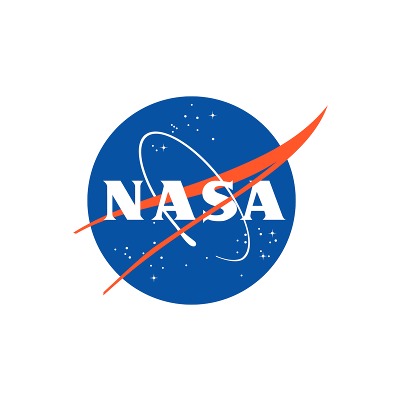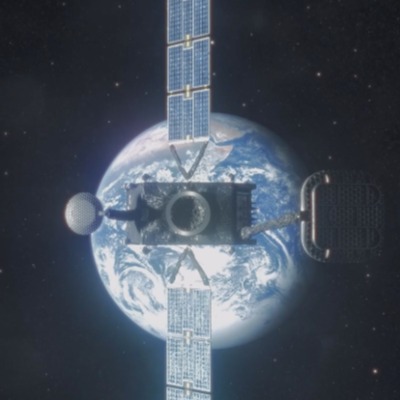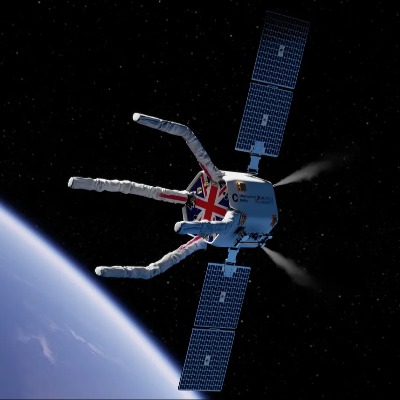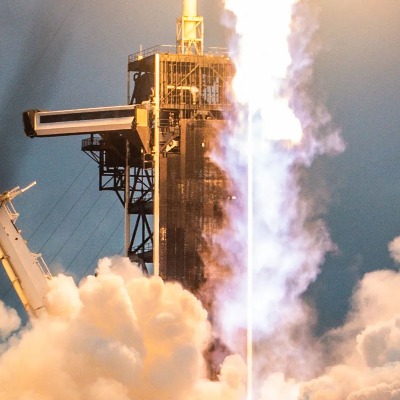South Korea Sets Ambitious Sights On Mars With 2045 Landing Goal & New Space Agency
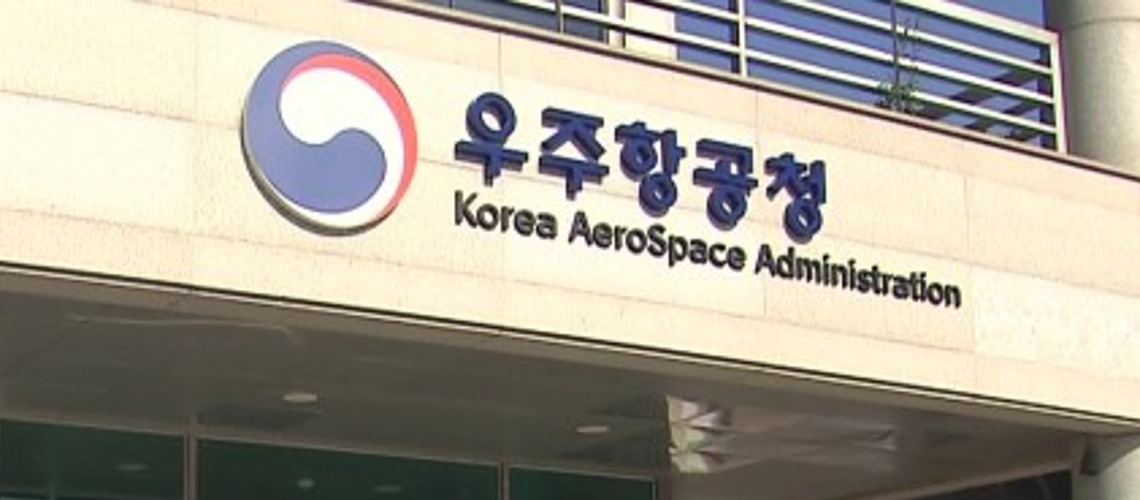
South Korea unveiled its bold ambitions for space exploration today with the launch of its first dedicated space agency, the Korea Aerospace Administration (KASA), and the announcement of a planned Mars landing mission by 2045. This ambitious vision marks a significant leap forward for the nation's burgeoning space program.
President Yoon Suk-yeol, speaking at the inauguration ceremony for KASA, declared, "South Korea will become a leading space power by cultivating experts, fostering a robust space industry, and undertaking challenging missions like a Mars landing by 2045."
The newly established KASA will play a pivotal role in achieving this ambitious goal. It will centralize and streamline space policy and development efforts previously scattered across different government ministries. KASA will also be tasked with fostering collaboration between academia and private industry, aiming to create a thriving space ecosystem in South Korea.
The vision for Mars exploration is particularly noteworthy. While a 2045 landing date remains aspirational, it signifies South Korea's commitment to joining the ranks of nations like the United States and China with their own Mars missions. The specific details of the mission remain under wraps, but experts anticipate it will involve a series of robotic missions leading up to a potential crewed landing attempt in the latter half of the century.
"This announcement demonstrates South Korea's serious intent to become a major player in space exploration," said Dr. Hiroshi Takahashi, a Japanese space analyst. "The establishment of KASA and the Mars landing goal are significant steps in that direction."
However, challenges remain. South Korea's space program, while rapidly growing, still lags behind established spacefaring nations. Developing the necessary technology and infrastructure for a Mars mission will require substantial investment and international collaboration.
"The road to Mars is long and arduous," cautioned Dr. Sunwoo Kim, a South Korean astrophysicist. "Significant technological advancements and international partnerships will be crucial for the success of such an ambitious mission."
Despite the challenges, the launch of KASA and the announcement of a Mars landing goal mark a new era for South Korea's space ambitions. With a dedicated agency leading the charge and a clear vision for the future, South Korea is poised to play an increasingly prominent role in the global exploration of space. Whether they achieve a Mars landing by 2045 or not, this bold vision is sure to inspire future generations of South Korean scientists and engineers to reach for the stars.

